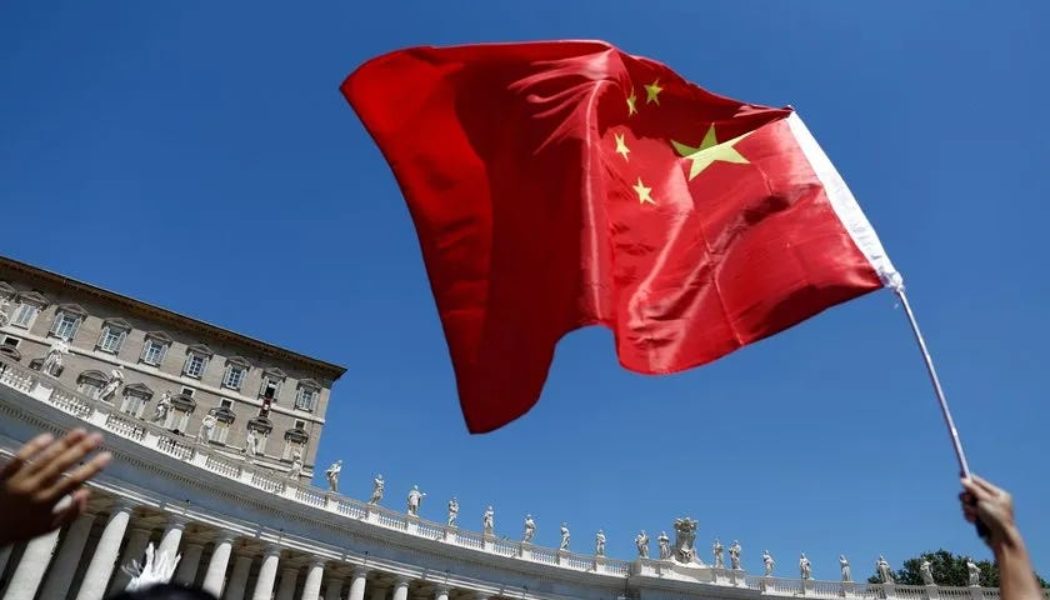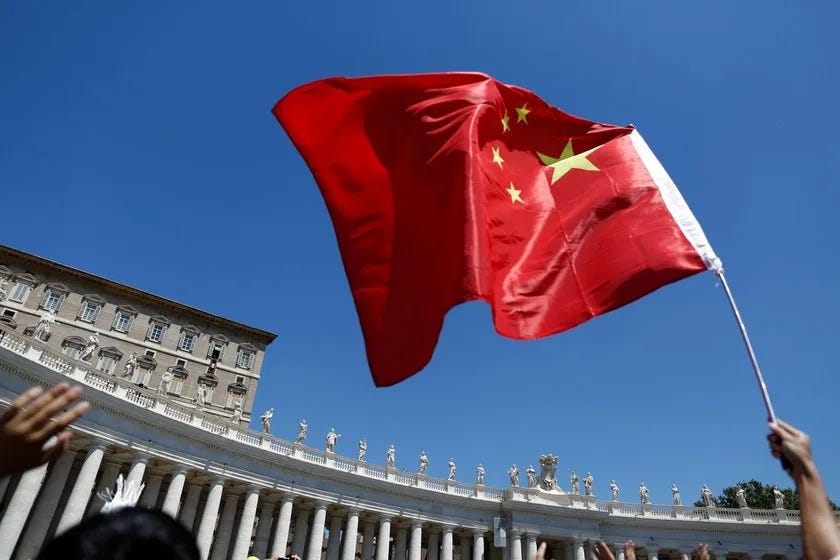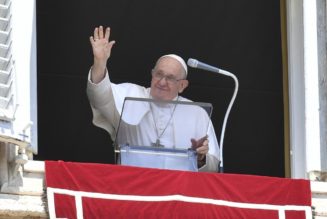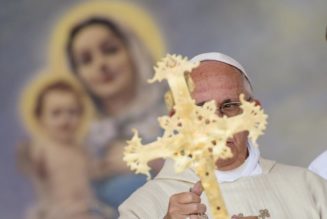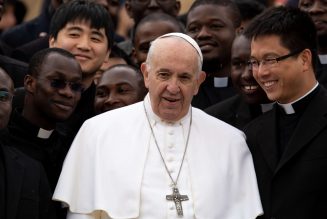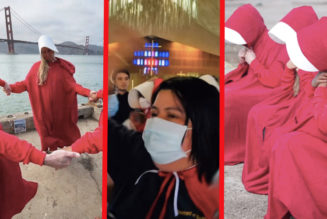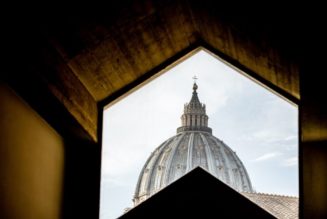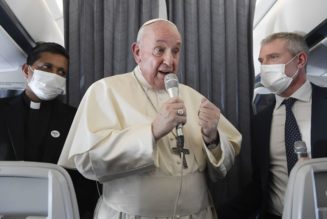A Chinese bishop has reportedly been arrested after objecting to decisions made by a communist-sponsored leader in his diocese without his approval.
Bishop Peter Shao Zhumin of Wenzhou was arrested Jan. 2, according to Asia News.
The 61-year-old bishop is not recognized by the Chinese government, because he has refused to register with the Chinese Patriotic Catholic Association (CPCA), the state-sponsored Communist church.
The Chinese government has instead named Fr. Ma Xianshi, a member of the CPCA, as the head of the diocese.
Shao has been routinely detained around holidays, in order to block him from celebrating Mass on major liturgical feasts.
In this case, however, he was taken into custody over Christmas, but arrested a week later, after he penned a letter objecting to changes in the diocese made by Fr. Ma while he was away.
Specifically, the bishop voiced his opposition to the transfer of priests in the diocese, the division of parishes, the downgrade of another local diocese to a parish within Wenzhou, and the decision to ordain seminarians.
Following the release of Shao’s letter, Asia News reported, he was arrested, and his current whereabouts are unknown. The news site said he was instructed to bring clothes for all seasons, suggesting he may be in custody for a lengthy period of time.
Shao’s reported arrest is the latest point of tension between the Church and the Chinese government, and intensifies questions regarding the possible renewal of the Vatican-China deal, set to expire this year.
The 2018 deal – which has already been renewed twice – was meant to regularize the situation of the underground Catholic Church in China, and bring the hierarchy of the CPCA into communion with Rome.
However, many underground priests, and some bishops, have refused to register with the CPCA, citing the requirement that they acknowledge Communist Party authority over the Church and its teachings.
Bishops and priests who refuse to register have been subject to systematic harassment, arrests and detention.
The Vatican’s Secretariat of State issued unsigned guidance in 2019, stating that “the Holy See understands and respects the choice of those who, in conscience, decide that they are unable to register under the current conditions.”
Tensions over the controversial Vatican-China deal have heightened in recent months, ahead of the deal’s expiration later this year.
In 2021, new regulations released by the Chinese government stated that candidates for bishop must be proposed and agreed by the Catholic bishops’ conference of China, and then sent to the CPCA for approval.
No explicit mention of the Vatican-China deal was made in the 2021 regulations.
China has become increasingly bold in naming new appointments for mainland diocesan bishops without prior Vatican authorization.
In April 2023, Bishop Joseph Shen Bin of Haimen was installed as the new bishop of Shanghai – a unilateral decision by Beijing, which the Holy See said it only learned about through media reports.
Three months later, the Holy See announced that Pope Francis had formally recognized the transfer, prompting concerns about China’s apparent success in forcing the pope’s hand, as well as questions about the future of the Vatican-China deal, which is set to expire this October.
In an interview with Vatican media, Parolin acknowledged that “the Catholic faithful, not only in China, have the right to be properly informed” about the situation in China and acknowledged a pattern of appointments that “seem to disregard the spirit of dialogue and collaboration established between the Vatican and the Chinese side over the years and to which is referred in the [Vatican-China] Agreement.”
Even more concerning for the Vatican, Beijing has also moved to create its own dioceses, outside of Church recognition, and effectively suppress others erected by the Holy See in the process.
Meanwhile, the Chinese government has touted the success of its sinicization process at incorporating the Church into communist Chinese society.
Last year saw a visit by Archbishop Li Shan of Beijing, the head of the mainland bishops’ conference, to Hong Kong, as well as a visit by Bishop Stephen Chow of Hong Kong to the mainland.
The visits were promoted as a sign of unity and successful integration by the communist government, even while prominent Catholics have been arrested in Hong Kong amind a wider crackdown on civil liberties in the territory.
Despite the continued actions of the mainland government to appoint its own candidates for bishops, erect new dioceses, and detail clergy who refuse to acknowledge the state’s supremacy in Church affairs, the Vatican has indicated its agreement with the Communist government is likely to be renewed.
Speaking in July last year, Cardinal Parolin called continued engagement with Beijing “a rather obligatory path” while expressing the hope that further “fluid and fruitful” communication can “prevent disharmonious situations that create disagreements and misunderstandings.”
Comments 8
Services Marketplace – Listings, Bookings & Reviews
